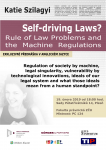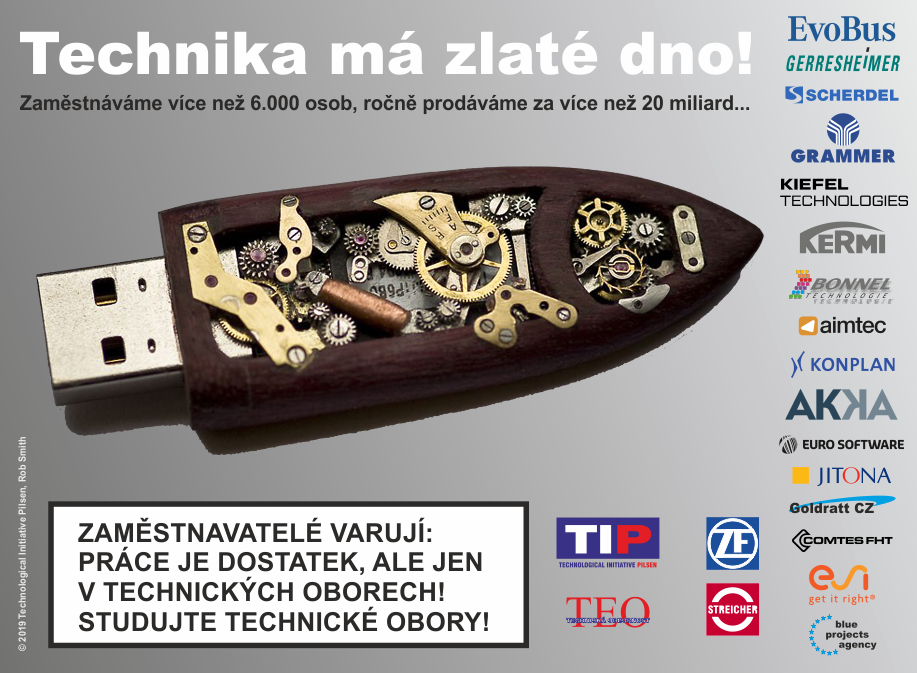We would like invite you to exclusive open lecture focused to “Self-Driving Laws? – Rule of Law Problems and the Machine Regulation”. This lecture will be organised with support of Technological Initiative Pilsen.
Date: 19.th February 2019, 18:00 Sady pětatřicátníků 14, Fakulta Právnická ZČU, Plzeň, room PC 124
Name: Self-Driving Laws? – Rule of Law Problems and the Machine Regulation
The spectre of artificial intelligence over the rule of law is readily apparent in proposals for “self-driving laws”: the idea that we might regulate society by machine. Some academics have posited an approaching “legal singularity”, in which legal knowledge becomes a complete data set and uncertainty is rendered obsolete.
This perspective, she argues, misses an important point by assuming machines can necessarily outperform humans, without first questioning what such performance entails and whether machines can meaningfully be said to participate in the activities of interpreting and applying the law. Nor have these scholars asked what ideals we truly value in our legal system and what those ideals mean from a human standpoint.
In this talk, she focuses on how the rule of law is made vulnerable by technological innovations that take power previously delegated to administrative decision-makers and reassign that power to machines.
She argues that we need to interrogate the potential impacts of artificial intelligence innovations in the legal process, since their application and wide-ranging impacts might erode certain fundamental ideals.
Lecturer: Katie Szilagyi is a doctoral candidate and part-time professor at the University of Ottawa Faculty of Law. She holds a JD with joint specializations in technology law and international law (uOttawa), an LLM in law & technology (Tel Aviv University), and an engineering degree (University of Manitoba). She teaches contract law and lectures on technology law issues. Her doctoral work focuses on the rule of law problems created by machine learning algorithms, predictive analytics, and the fact that people are constantly staring at their smartphones. Her most recent publication is entitled “A Bundle of Blockchains? Digitally Disrupting Property Law.”









